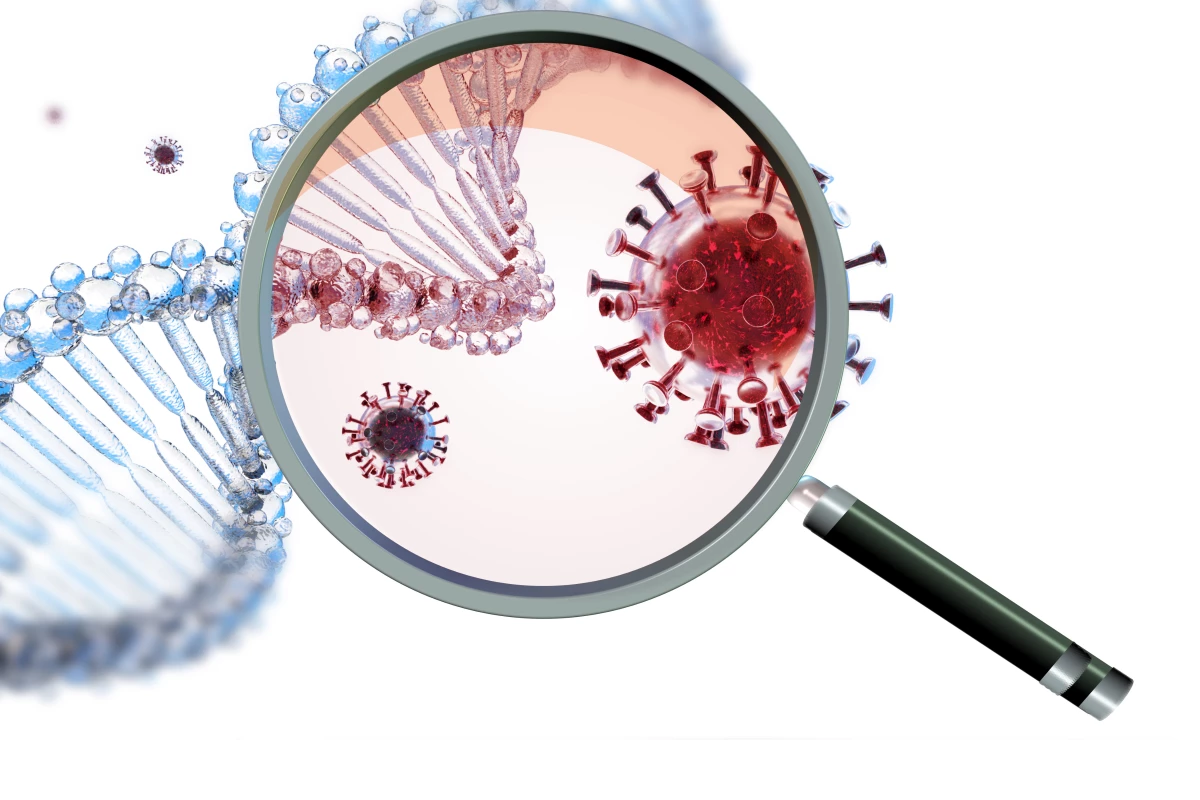Compelling new research from the University of Oxford has homed in on a specific genetic variant that seems to play a significant role in how well people generate an immune response to COVID-19 vaccines and their chances of experiencing a breakthrough infection in the year following vaccination.
For years, scientists have known not everyone responds to vaccination the same way. Some can develop strong immune responses quickly, while others may still be relatively susceptible to a pathogen despite several vaccine shots.
Prior studies have found one particular complex of genes, known as the human leukocyte antigen (HLA) system, may play some kind of role in how effectively a person responds to vaccinations. There is evidence HLA gene variants are associated with antibody responses to tetanus, measles and hepatitis B vaccines, but actual real-world evidence of efficacy in regards to infections hasn't ever been robustly investigated.
The COVID-19 pandemic offers researchers a unique real-world experiment with billions of people participating. A novel virus spreads amongst an immunologically naive population. A new vaccine is administered en masse. And then thousands of people are tracked for over a year to see what characteristics correlate with those most likely to get infected despite vaccination.
Focusing firstly on people enrolled in early clinical trials for COVID-19 vaccines, the researchers discovered one specific gene variant – HLA-DQB1*06 – correlated with higher antibody responses following vaccination. Between 30% and 40% of the UK population are estimated to carry this particular gene variant. That same cohort was then followed for nearly 18 months and the researchers report those with the HLA-DQB1*06 gene variant were less likely to report a PCR-confirmed case of COVID compared to those without the gene variant.
"From this study we have evidence that our genetic makeup is one of the reasons why we may differ from each other in our immune response following COVID-19 vaccination," said Julian Knight, chief investigator on the study. "We found that inheriting a specific variant of an HLA gene was associated with higher antibody responses but this is only the start of the story."
Understanding exactly how this particular genetic variant could be heightening a person's immune response to vaccination offers researchers important clues to improving future vaccines. Here, the researchers can only hypothesize what could be going on, but the study does speculate this gene variant helps bind immune cells more effectively to the coronavirus spike protein antigens in vaccines. This can lead to better memory B call activation and improved T-cell proliferation.
Adam Finn, from the University of Bristol, called the findings in the new study "convincing" and "robust." He said while these investigations are important in helping us understand how vaccines fundamentally work, they also gesture to a future where vaccines could be more effective by being tailored to a person's individual genetic makeup.
"Ultimately it could lead to vaccines designed to give stronger protection to people whose responses might otherwise be too weak," said Finn, who did not work on the new study. "One day, rather further into the future, there might be different vaccines designed for different people classified by the genetics of their immune systems, either at the individual level or even at the level of whole communities in different locations around the world.”
The new study was published in the journal Nature Medicine.
Source: University of Oxford




